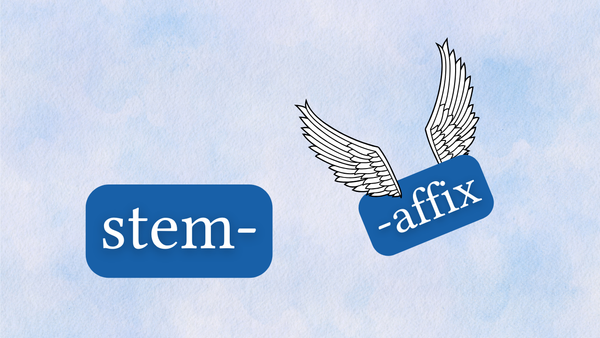The etymology of “love”
“love” and its many related words in English

The Proto-Indo-European language had a word *leubʰ- ‘love, care, desire’, and today I’m going to tell you all the ways this word has come down to us in English 6,000 years later—a kind of “reverse etymology”.
Prefer a video version of this post? Watch here:
For those not familiar with Proto-Indo-European: it’s the hypothetical, reconstructed ancestor language from which all modern Indo-European languages descend and was spoken around 4000 BCE. There are an estimated 454 living Indo-European languages in the family, including English, Hindi, Spanish, French, Russian, Portuguese, German, Persian, and many others.

🔠 Abbreviations Used in this Article
| D | Dutch |
| L | Latin |
| ME | Modern English |
| OE | Old English |
| PG | Proto-Germanic |
| PIE | Proto-Indo-European |
The first reflex (descendant) of *leubʰ- in this list comes via Latin. In the Italic branch of Indo-European, *leubʰ- developed into the Latin word libēre ‘to please’ and the derived noun libīdō ‘desire’. As you can guess, that noun was then borrowed into English at the turn of the 1900s as the word libido.
* before a word indicates that it has been reconstructed using the comparative method in historical linguistics. The word was never actually attested in any written source. Instead, it is a hypothetical reconstruction based on available evidence and the many techniques linguists have at their disposal for winding back the clock on language history.You can read more about the comparative method in this issue of the Linguistic Discovery digest.
If an entire parent language has little or no extant written texts and has been reconstructed using these techniques, it has the prefix “Proto-”. Proto-Indo-European is the reconstructed parent language of all the modern Indo-European languages, while Proto-Germanic is the reconstructed parent language of all the modern Germanic languages (and is itself a child language descended from Proto-Indo-European).
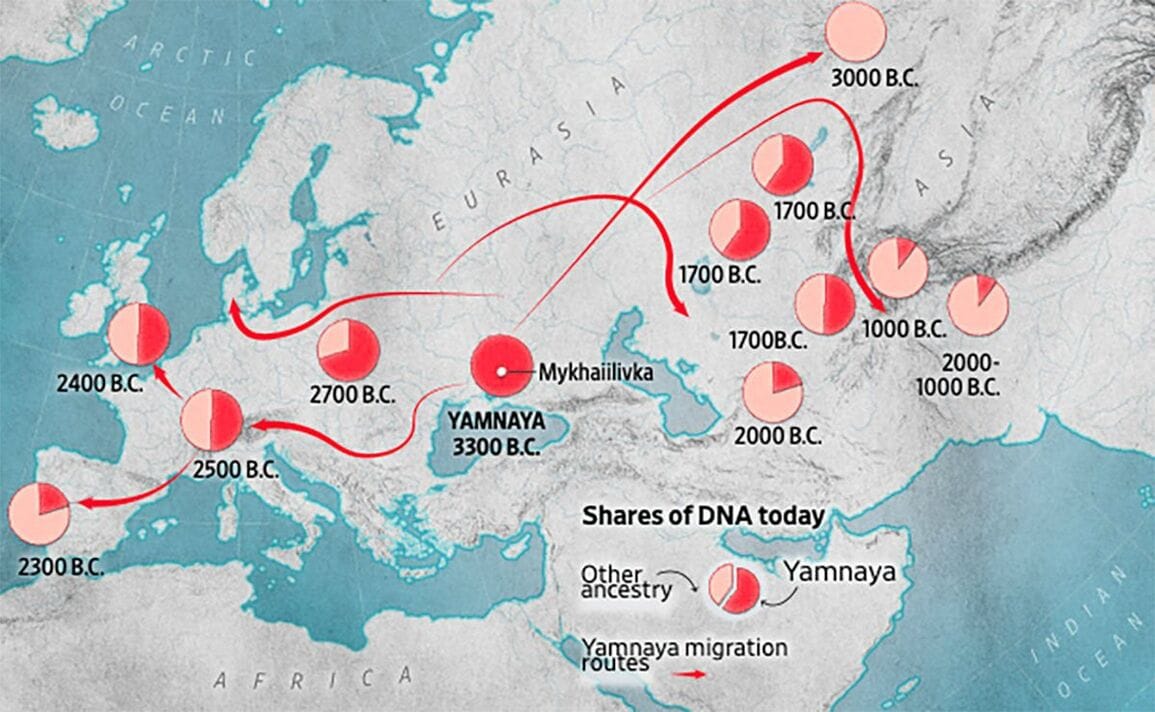
In the Germanic branch of the Indo-European family, however, the word took on a new meaning: Proto-Germanic *laubō ‘permission’. This is a great example of how the meanings of words can sometimes shift from one stage of an action to another, or from one concept to something closely related. In this case, if you desire something, you may be looking for permission to do or acquire it, and so the meaning of the word expanded to include not just ‘desire’ but also ‘permission’. This word then evolved into the Old English lēaf, which became Modern English leave, as in, “to take one’s leave”. (This sense of leave is unrelated to the sense of ‘to go away’; the two words just happen to be homonyms.)
There was also a prefixed form of that Old English word: belēfan ‘to give leave or permission to’, or perhaps literally ‘to hold dear’ (possibly retaining some of the original meaning from Proto-Indo-European), and that led to the Modern English believe.
The Proto-Germanic word *laubō ‘permission’ was also inherited by Dutch and appears in the prefixed word verlof ‘permission’, literally ‘for-leave’. In the 1600s the Dutch word was borrowed into English and the final /f/ sound was lost, yielding Modern English furlough.
Lastly, that Proto-Indo-European root *leubʰ- didn’t only change its meaning to ‘permission’ in Proto-Germanic. It also kept its original meaning ‘love’ in the form *lubō. In Old English *lubō became lufu, and that evolved into the word love.
You can see the complete etymological flowchart for all these word histories below.
Happy Valentine’s Day! 💜

📖 Recommended Reading
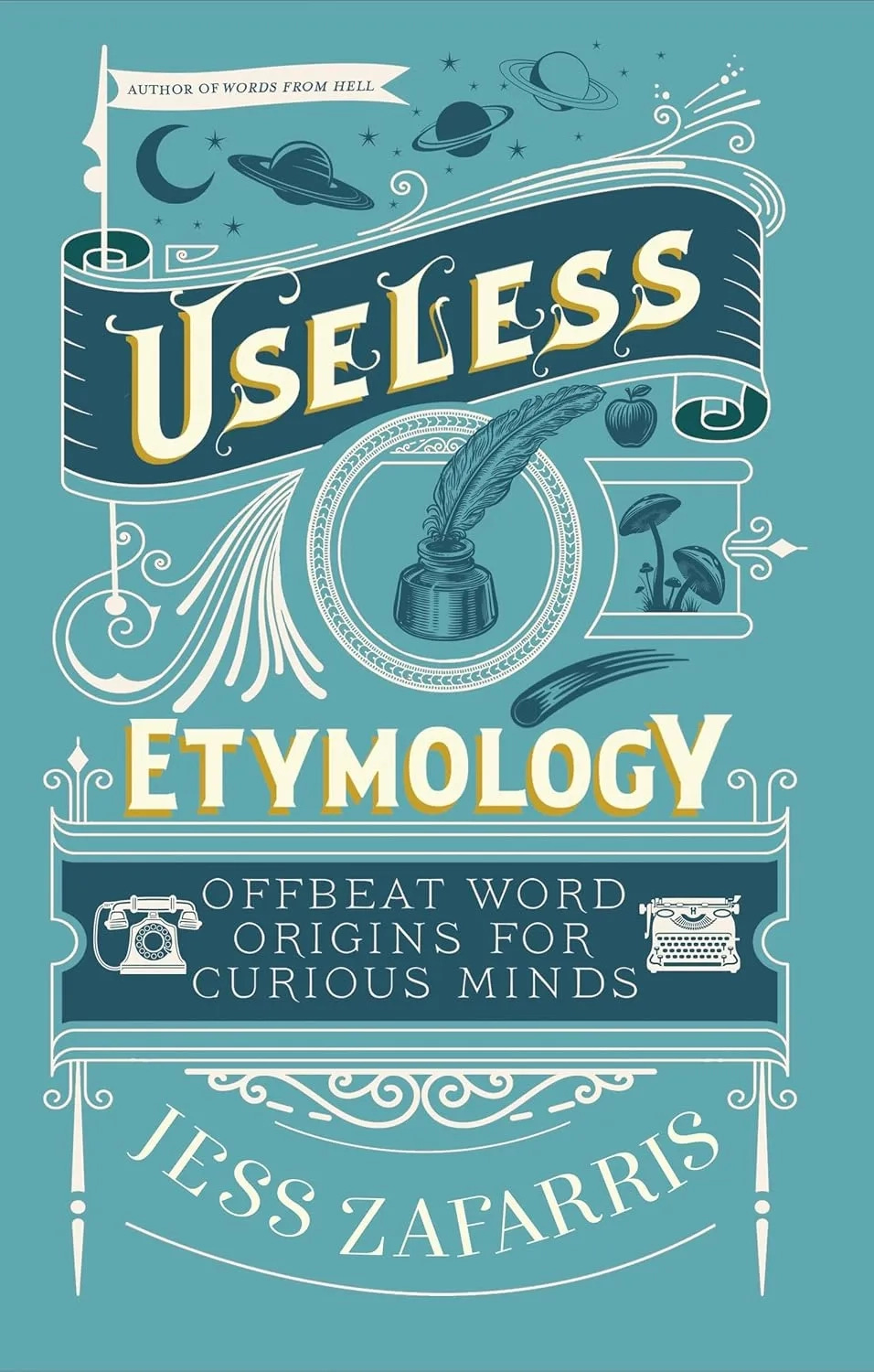
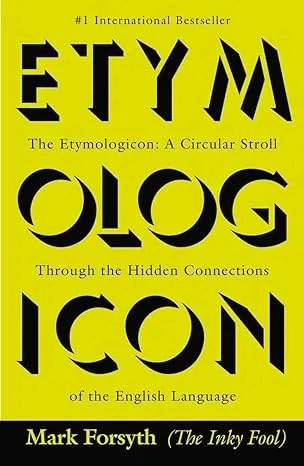
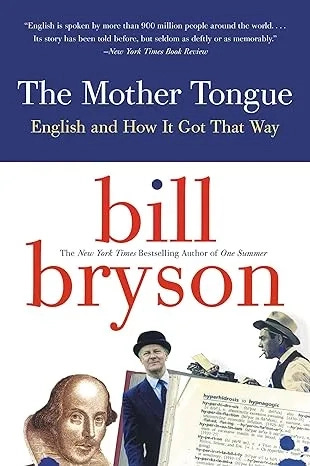
📑 Sources
- The Oxford dictionary of word origins
- The Chambers dictionary of etymology
- The American Heritage dictionary of Indo-European roots
If you’d like to support Linguistic Discovery, purchasing through these links is a great way to do so! I greatly appreciate your support!
Check out my Amazon storefront here.
Check out my Bookshop storefront here.





